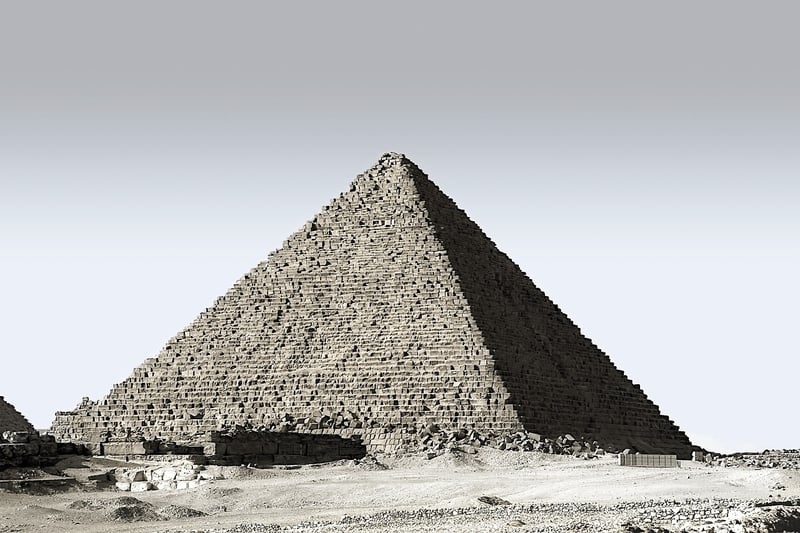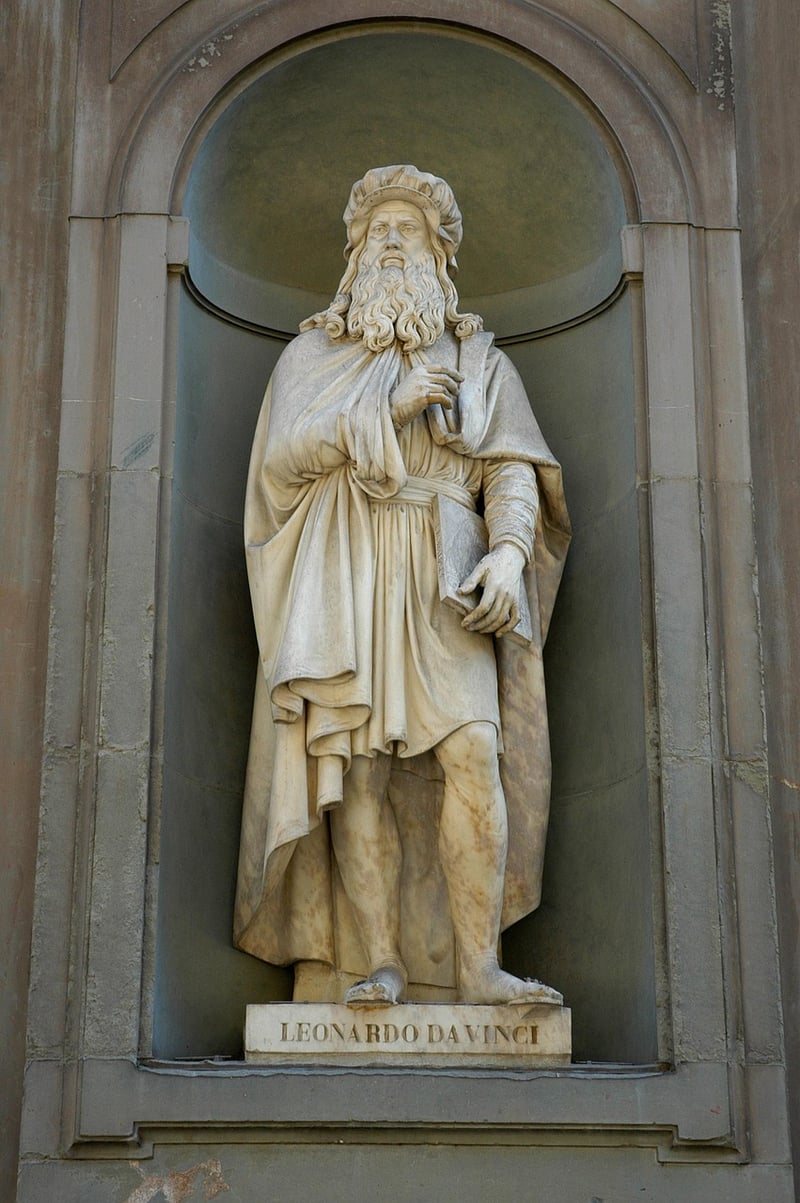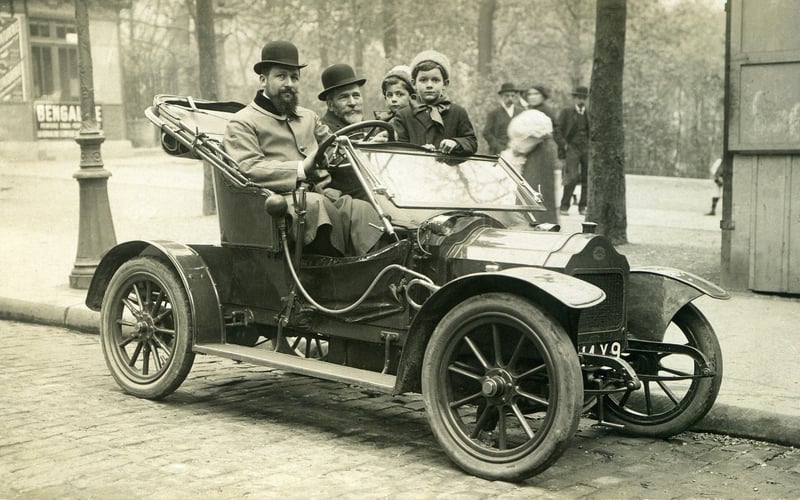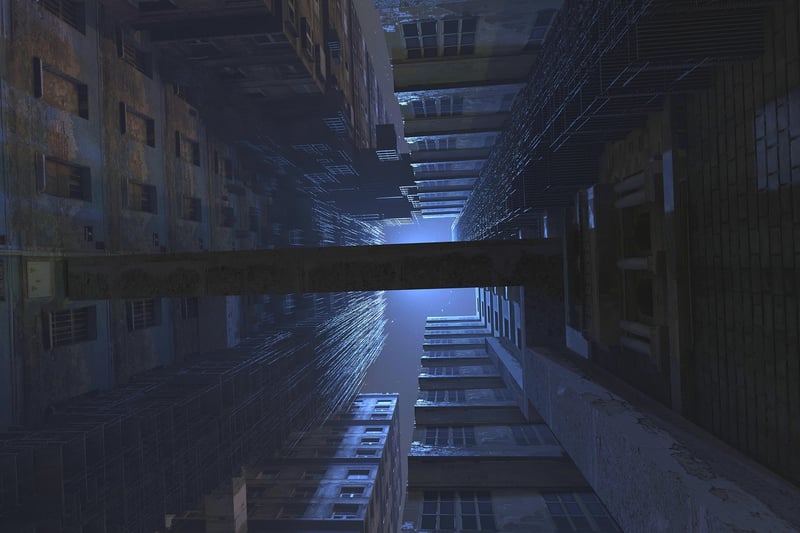Dystopian Worlds
Exploring Different Eras and Dystopian Worlds
Introduction
Embark on a thrilling journey through time and imagination as we delve into various historical eras and dystopian worlds. From ancient civilizations to futuristic societies, each period offers a unique perspective on human existence and the potential consequences of our actions.
Ancient Civilizations
Step back in time to explore the wonders of ancient civilizations such as Egypt, Greece, and Rome. Marvel at the architectural feats of the pyramids, the philosophical wisdom of Plato, and the military might of the Roman Empire. Gain insights into the daily lives, beliefs, and achievements of our ancestors, laying the foundation for the modern world.

The Renaissance
Transport yourself to the vibrant era of the Renaissance, where art, science, and culture flourished in remarkable ways. Witness the genius of Leonardo da Vinci, the beauty of Michelangelo's sculptures, and the revolutionary ideas of Galileo Galilei. Experience the rebirth of human creativity and innovation that continues to inspire us today.

Industrial Revolution
Enter the age of industry and progress with the Industrial Revolution, a period marked by technological advancements and social transformations. Witness the rise of factories, steam engines, and urbanization, reshaping the way people lived and worked. Explore the impact of industrialization on society and the environment, raising important questions about progress and sustainability.

Dystopian Worlds
Shift gears to explore dystopian worlds where societies have taken a dark turn, presenting cautionary tales of unchecked power, environmental destruction, and social inequality. From George Orwell's "1984" to Margaret Atwood's "The Handmaid's Tale," these fictional universes offer reflections on our own reality and the consequences of oppressive regimes and dystopian futures.
Conclusion
By immersing ourselves in different eras and dystopian worlds, we gain a deeper understanding of the past, present, and potential futures that await us. Let these explorations spark curiosity, critical thinking, and a renewed appreciation for the complexities of human history and imagination.
